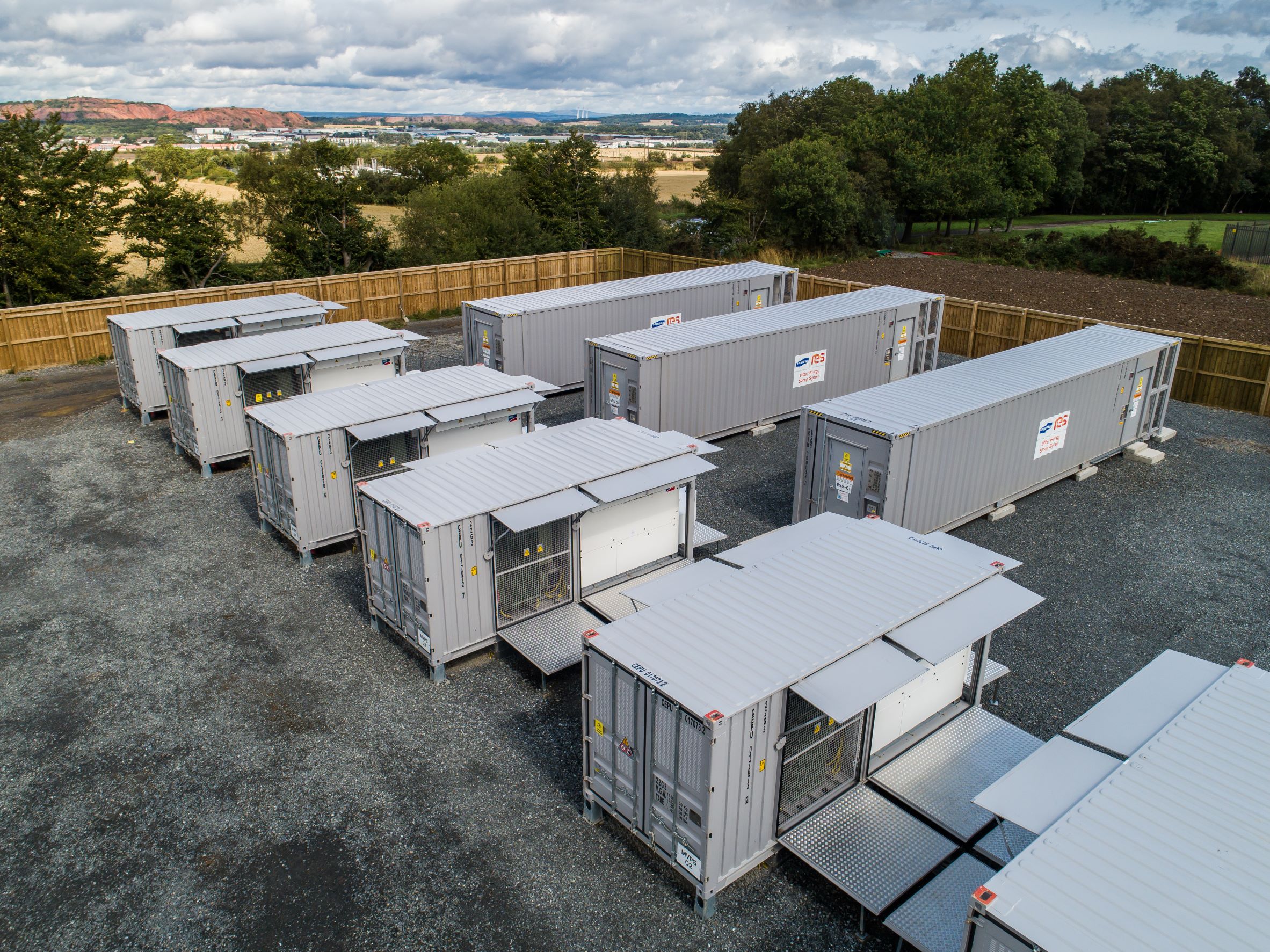The government lacks a viable plan to implementing vital utility-scale batteries accommodating more despatchable renewable power into Britain’s grid, an influential House of Lords committee concludes today.
The science and technology committee’s enquiry into mass adoption of high volume, long duration electricity storage beyond the two hour mark, accuses ministers of dithering, and sending confusing signals to investors, system operators, developers and distributors.
Storage as an enabler of carbon-free power needs urgent support in order to scale up in time to meet Net Zero, says the committee. But currently its backers confronts a policy void in Whitehall.
Storage technologies for power reserves lasting potentially months include chemical-, terrain, marine- and gravity-based methods. In general terms the committee favours hydrogen as the most widely applicable, due to its low cost of production and ubiquity.
Under the blunt title ‘Get on with it’, their Lordships’ report lists key recommendations, including
- Speeding up decisions needed for D-ESNZ’s anticipated energy system plan. These include choices needed on hydrogen, seen as a front-runner technology by the committee, as a mainstay of supra-two hour storage mechanisms.
“The UK cannot wait for decisions in 2025 and 2026 to invest in storage if the commitment to a secure decarbonised electricity system by 2035 is to be realised”, the committee warns.
- Commit to a strategic power reserve. Ministers should accept the National Infrastructure Commission’s goal of 25 TWh of electricity a year by 2040, says the committee.
“We are concerned that the Government seems to have only just begun thinking about whether it needs a strategic reserve and has no clear plan for supply shocks”, the report admonishes.
- State a minimum national target for energy storage. The government should assess and acknowledge the likely minimum scale of storage across different durations needed to balance the energy system”, the committee urges. “This will set the scale of ambition that policies to support storage must meet.
Interest from private investors has been strong in recent years; McKinsey is among consultants maintaining a working group composed of multinational corporations. In 2021 it recommended that global long-term storage capacity should reach between 1.5 and 2.5 GWh by 2040.
Commenting on the report – available here – consultant Jack Green-Morgan from Dods Political Intelligence said,
“The Lord committee adds fuel to the argument that the UK needs to rapidly invest in new technologies to improve domestic energy security and reduce emissions from the power sector”.
“Investing in long-term energy storage has the potential to make more efficient use of cheap renewable energy by storing energy when output is higher than demand, and releasing it when demand exceeds output.
“Published just one day after the Energy Secretary announced the government would support the construction of new unabated gas power plants”, Green-Morgan added, “the committee will feel vindicated in their assessment that the failure to invest in flexible energy storage has increased the UK’s reliance on fossil fuels and vulnerability to external shocks”.




